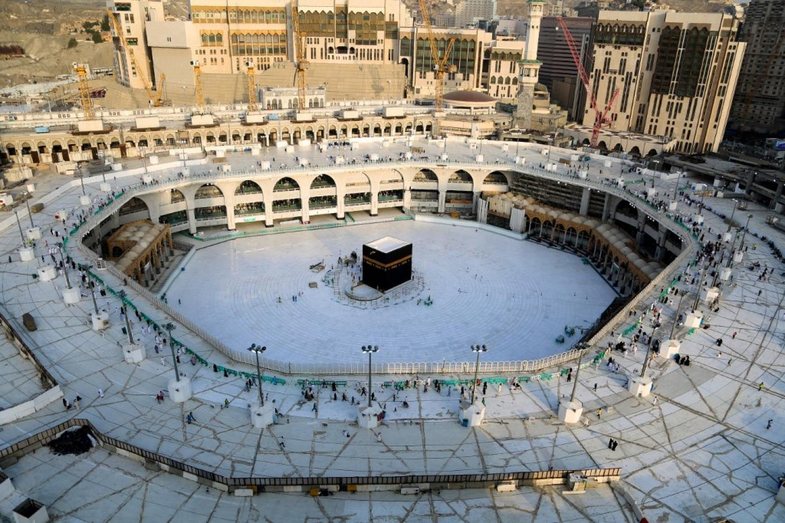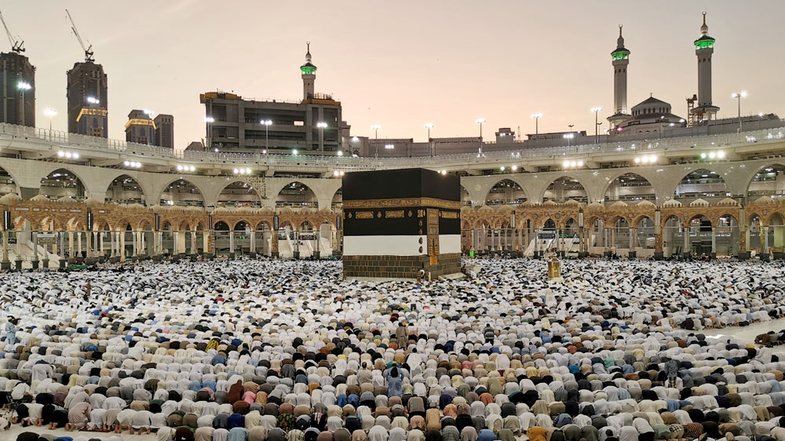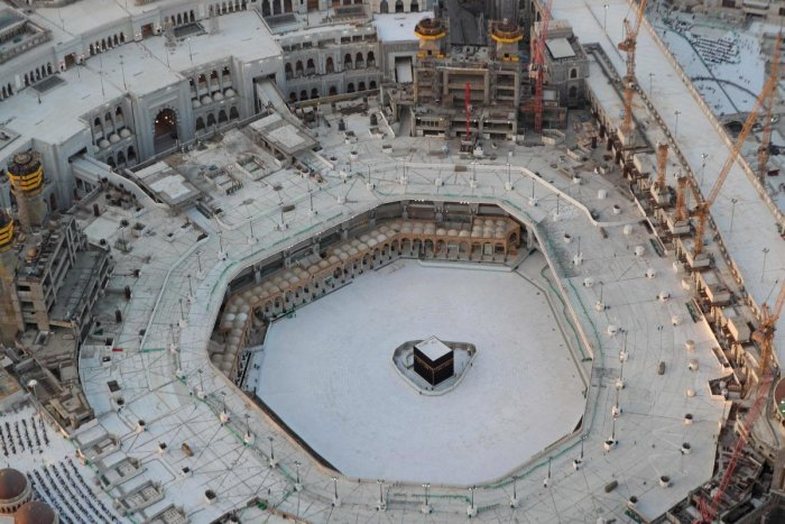
Thursday, April 23 marked the start of the holy month of Ramadan for Muslims around the world. As all mosques and shrines are closed due to coronavirus, the celebration this year will be different from other times.
Usually, during this holy month, the Muslim community gathers to offer special prayers in the mosque and then they get ready to consume the "iftar", which coincides with the first hours of the morning.
This year, this rite poses a risk of spreading the virus and many believers have called it a sad moment in the history of Islam.
What traditions have changed this year?
Ramadan usually begins on the evening of April 23 and lasts until May 23. During the 30-day period, Muslims fast. They can eat before sunrise and after dusk.
Fasting is considered a spiritual process that helps a person / believer to cleanse the body and mind of "sins."
Mostly, 2 meals are enjoyed in large groups of families and friends, but this year the tradition cannot be followed.
This year, holy sites including Mecca and Medina in Saudi Arabia are as empty as ever after authorities asked believers to perform their prayers at home.

The Al-Aqsa Mosque in Jerusalem (the third holiest site of Islam) will remain closed throughout the days of Ramadan, urging people to focus on individual prayers and find peace within themselves during this difficult period.

Eid al-Fitr, the last day of Ramadan, is considered one of the most important days for Muslims, coinciding with the end of the fasting period. Under normal circumstances, on that day believers gather in mosques or large spaces and begin with special prayers that are usually followed by a breakfast mëngjes their first meal during the day after a month.
Like any other holiday / activity, Ramadan will suit social distancing. Virtual iftars or new prayers are planned to be held so that Muslim believers feel equally united.
Source: The Guardian & CNN





